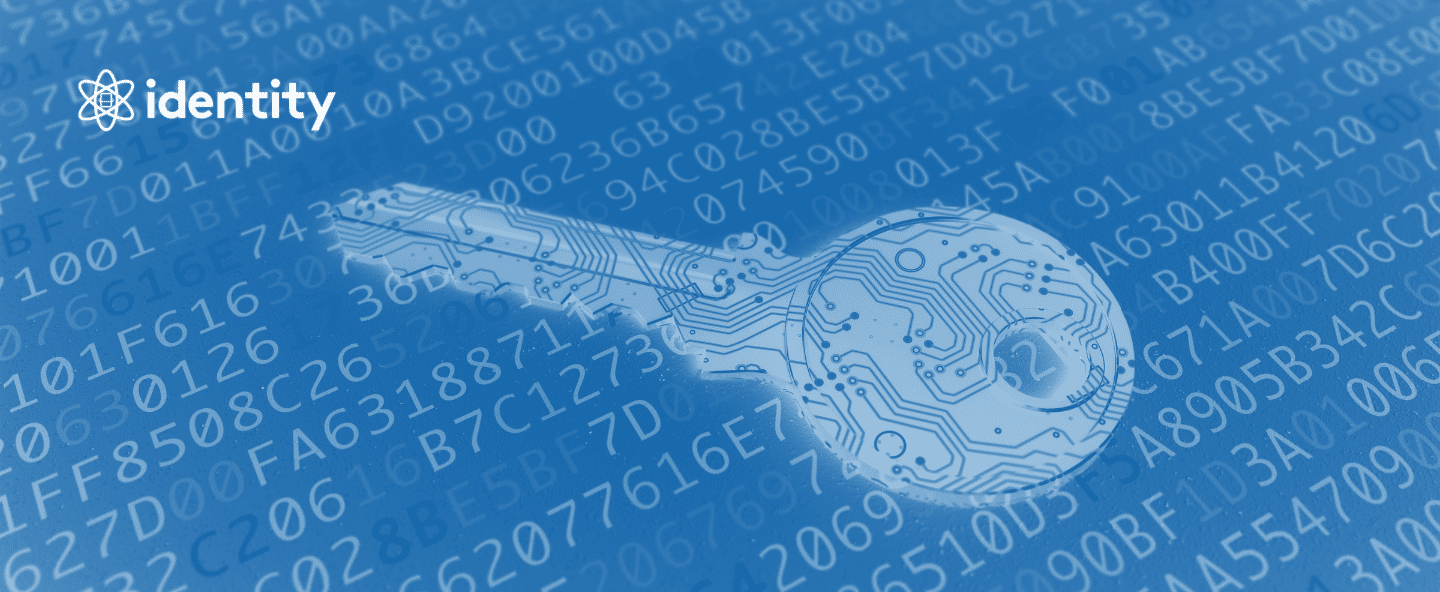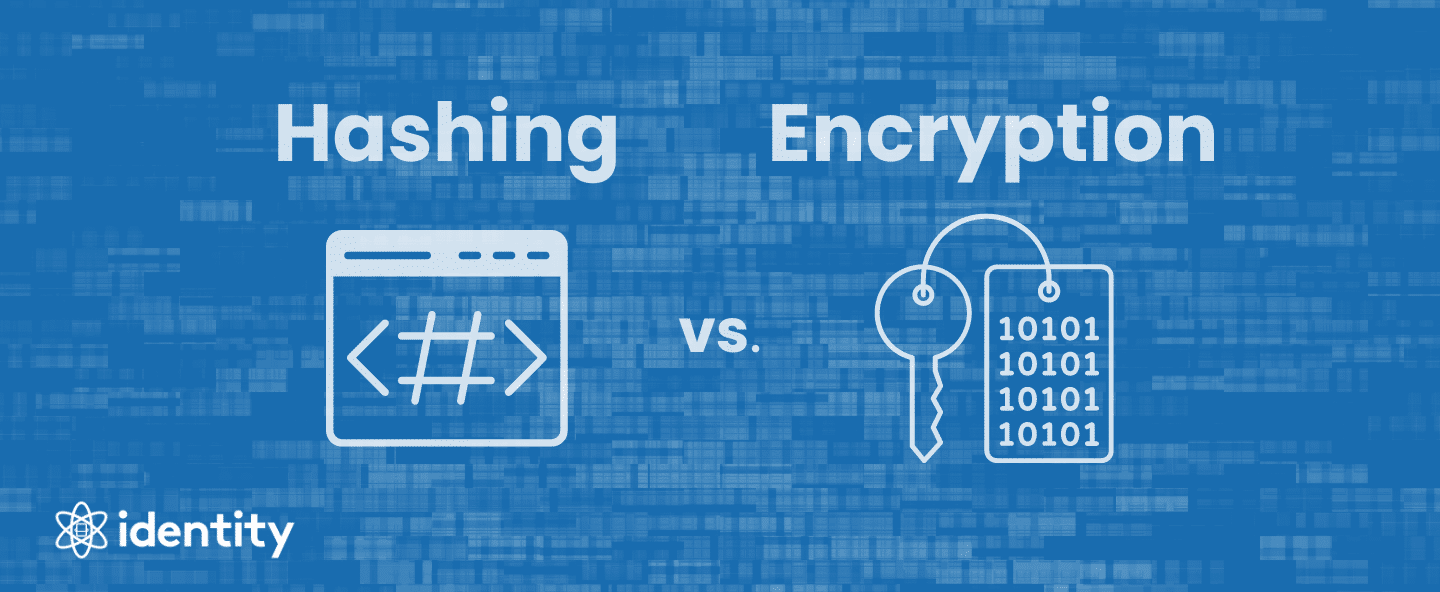
What Is Hashing (Hash) in Cybersecurity?
Key Takeaways: Hashing is a cryptographic process that converts input data into a fixed-length string of characters. This output, known

Key Takeaways: Hashing is a cryptographic process that converts input data into a fixed-length string of characters. This output, known

Key Takeaways: Data encryption is the process of converting readable data into an unreadable format using an algorithm and a

Key Takeaways: Homomorphic encryption allows computations to be performed directly on encrypted data. The data stays protected throughout the process,

In an era where identity theft, fraud, and high-scale hacking are on the rise, we need a better system to

Central authorities play a crucial role in preserving the integrity of traditional financial institutions by facilitating consensus among stakeholders. However,

The news is often filled with alarming stories about data breaches, and as a result, “data privacy” has become synonymous

Key Takeaways: Blockchain technology is a distributed ledger system that records transactions across multiple computers. This decentralized approach makes it

Hashing and encryption are two fundamental processes in maintaining data security. As the volume of sensitive information shared and stored

Rare Evo 2024 served as a dynamic convergence point for visionaries, practitioners, and thought leaders in the blockchain and Web3